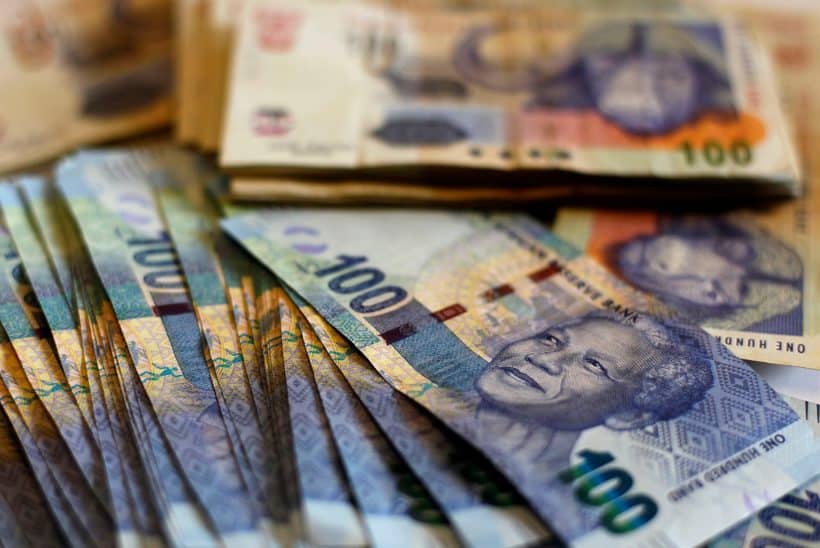
JOHANNESBURG, Nov 29 (Reuters) – South Africa’s central bank has warned that systemic risk to the country’s financial stability has remained elevated, notably due to the government’s increasing debt levels and debt-servicing costs, as well as the impact of being put on a “grey list”.
The South African Reserve Bank (SARB) said in its biannual health check on Wednesday that the risk has remained elevated since the release of the May report.
Earlier this month, the finance minister’s mid-term budget showed debt peaking at a higher level than in February when the main budget was tabled, with gross debt expected to rise to 6.52 trillion rand ($352.40 billion) in 2026/27 from 5.24 trillion rand in 2023/24.
“As government debt has increased, so has the domestic financial sector’s exposure to it,” the SARB report said.
This is because foreign investor participation in the government bond market has declined steadily since 2018, with an acceleration following South Africa’s exclusion from the World Government Bond Index in April 2020.
“The increasing concentration of (government bonds) held by domestic investors, coupled with the high levels of government debt, presents a risk to the financial sector,” it added.
The country was also put on a “grey list” in February by the Financial Action Task Force (FATF), a global financial crime watchdog, to force it to implement standards to prevent money laundering and terrorism financing.
While the immediate impact is higher processing, monitoring and reporting costs, the long-term consequence will be the reduction of the country’s attractiveness as an investment destination, the report said.
Risks that have eased somewhat include that of secondary sanctions on South Africa if its neutrality stance on Russia and Ukraine is not clear and that of electricity supply constraints following a marked increase in new power generation projects, the report said.
“Concerns over further spillovers from the global banking stress in March 2023 also reduced notably,” it added, referring to the collapse of Switzerland’s Credit Suisse bank.
($1 = 18.5018 rand)
(Reporting by Nqobile Dludla; Editing by Alexandra Hudson)